If healthcare managers and small-to-medium-sized business (SMB) healthcare practitioners can agree on anything, it’s that acquiring new patients is both costly and challenging. Conversely, retaining existing patients is far more achievable and economically viable, especially in the ultra-competitive modern healthcare marketplace.
There are many different tactics that health providers can use to improve patient retention rates in 2023. However, the most pragmatic approach involves implementing new healthcare technology to make the entire care experience more seamless and cost-effective.
Obtaining Real-World Insights with Data Analytics Tools
Healthcare organizations are awash with an abundance of clinical and business performance data, more so than companies in just about any other sector. How are top-performing organizations putting all that information to use?
By investing in modern data analytics solutions, to gain timely, actionable insights about business performance and the patient experience as a whole, they can use this information to better understand and address friction points, thereby boosting retention.
Remove Friction from the Patient Journey with AI
Artificial intelligence (AI) solutions have demonstrated the potential to revolutionize every phase of the patient journey.
AI tools can be implemented into scheduling, intake, check-in, and aftercare processes to reduce care costs. These solutions are enabling providers to operate more efficiently, potentially improving patient outcomes and enhancing retention.
A prime use case for AI involves incorporating it into the patient evaluation process. Early test case data shows that AI healthcare technology can efficiently analyze extensive amounts of clinical inputs to help practitioners make more informed decisions when providing care.
Download Part II of Northridge’s State of Customer Experience 2023 Research Report for more CX insights!
The Northridge Group needs the contact information you provide to us to contact you about our products and services. You may unsubscribe from these communications at anytime. For information on how to unsubscribe, as well as our privacy practices and commitment to protecting your privacy, check out our Privacy Policy.
Automate Aftercare Communications
Providing aftercare communication and automated follow-up reminders is an excellent way of improving the patient experience.
According to a 2019 survey, 70% of patients report that they’re more likely to select a provider if they offer follow-up communications via text or email. However, manually sending these communications is tedious, time-consuming, and costly.
Fortunately, there’s a much more cost-effective and efficient alternative. Utilizing automation tools allows health managers to stay connected with patients, forge lasting relationships, and increase retention rates.
Empower Patients with Self-Service Tools
Patients love self-service tools, especially appointment scheduling solutions.
According to 2021 data, 59%-70% of patients would rather self-schedule appointments. This should come as no surprise, as self-service scheduling tools allow patients to quickly browse available appointment slots, compare these options to their schedule, and make a selection.
Empowering patients with self-service tools can improve retention while allowing for a reevaluation of the workload on clinic staff. Instead of splitting their attention between scheduling and other tasks, front-office personnel can focus their energy on providing exceptional service to patients already in the office.
How Health Managers Can Jumpstart Their Retention Optimization Efforts
Adopting the latest healthcare technology solutions can help providers increase patient retention, stabilize cash flow, and stand out in a crowded industry. However, with so many different potential paths forward, it can take time to decide which healthcare technology would deliver the most immediate and significant impact on patient retention.
A natural first step for most health managers involves investing in more robust data analytics. This approach allows them to use the massive amounts of information they’re already collecting.
Additionally, leveraging data analytics provides actionable insights and enables health managers to view the company’s delivery model from the patient’s perspective.
Organizational leaders can use these insights to systematically resolve business challenges and eliminate friction from the care journey through the strategic application of new healthcare technology.
The Northridge Group helps clients leverage self-service technologies and data analytics to enhance the patient experience. To learn more, contact us.
Connect with a Healthcare Expert
